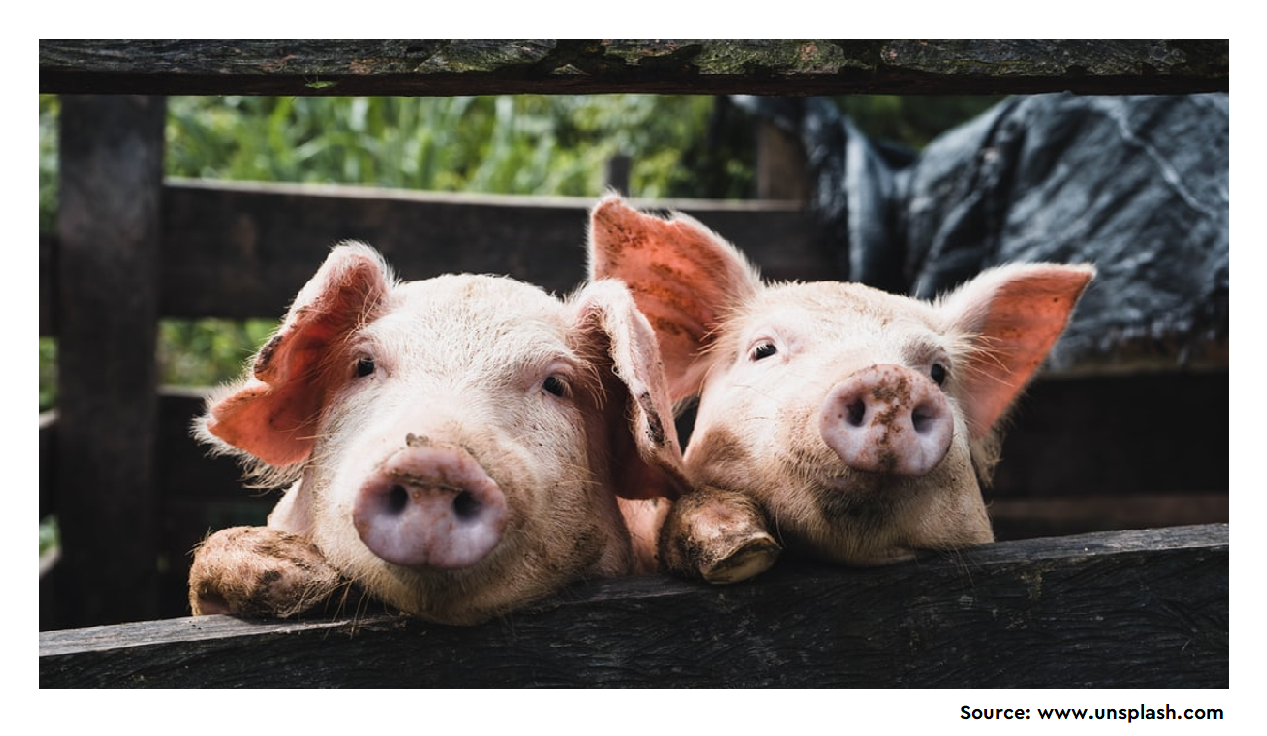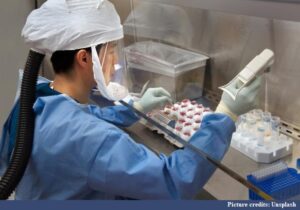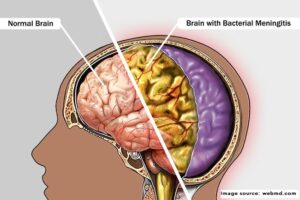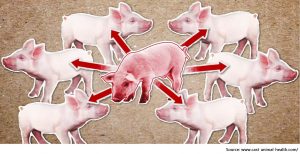Considering the high demand for animal protein, animal growth promotion, and reduction of risk of disease are highly focused. Hence, a variety of antibiotics are introduced in animal feeds, mostly in pigs as well as in poultry. Animals upon consumption of antibiotics release antibiotic residues and superbugs in the environment in the form of waste or as animal products such as milk, eggs. Nearly, 30–80% of the antibiotics given to food animals are excreted in the water bodies and soil because of partial degradation of antibiotics that poses high environmental risk.
Pig manure (PM) consists of extremely high accounts of antibiotics and antibiotic resistance genes (ARGs). A large part of PM is discharged into the environment without any treatment. This can lead to serious environmental pollution including spread of antibiotic resistance and ARGs. Hence, an effective method is required to remove antibiotics and ARGs from PM. Composting is an alternative option to reduce the spread of infection. However, traditional composting technology has slow fermentation and a long cycle.
The study by Liu et al 2020, explored the effects of co-composting swine manure with different inoculants dominated by Phanerochaete chrysosporium (p), Aspergillus niger (a), and Bacillus licheniformis (b) on the simultaneous removal of multiple antibiotics and resistance genes and evolution of the bacterial community. The compost material was composed of PM, rice straw (RS), and molasses (MO). This study provided a feasible way to efficiently remove the antibiotics and antibiotic resistance genes in pig manure.
To read the complete article, kindly click on the website of Ecotoxicology and Environmental Safety journal







